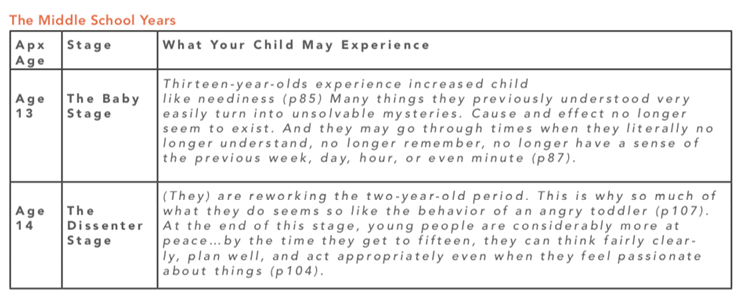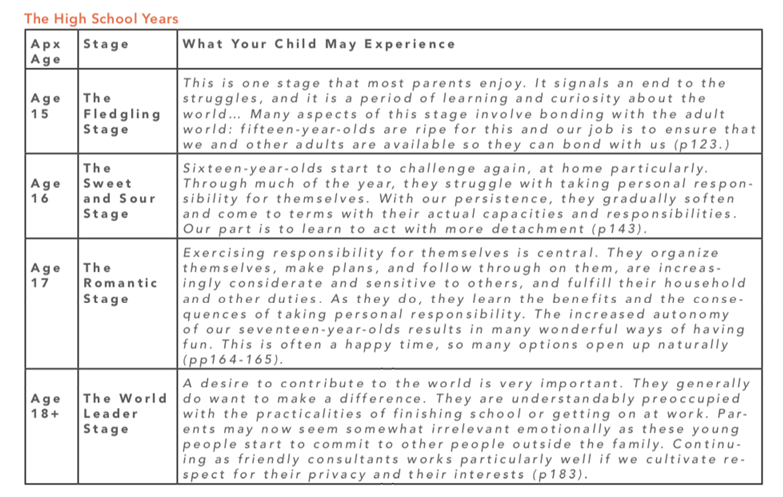
PARENT CUE
We’re teaching this:
How many hours are you connected to some kind of technology on a normal day? If you were to add up your hours online, your glances at text messages, your streaming music, your perusing social media, your Netflix addiction, how many hours could you count? It’s probably a lot. Our culture is obsessed with technology—and with good reason. Technology keeps us connected to each other and to the world around us. Nearly every device we own transmits signals to something else, somewhere else. Why? Because that’s how they’re wired to function. Our phones, tablets, smart watches, gaming systems—they all are wired to connect to something outside them. And the same is true for us. We are wired for connection. It’s in our design. As we take a closer look at what Jesus called “the greatest commandment”, we discover that we were wired to have three vital relationships: with God, with ourselves, and with others. And when those connections are made, everything else begins to function as it was designed.

Think about this:
Your student is changing fast. Chances are this isn’t a surprise. Their classes are changing. Their friends are changing. Their bodies are definitely changing. But one change you may not see as quickly are the changes that are happening in your student’s brain. As our students approach puberty, their brains are being physically rewired to function less like a child and more like an adult. New connections are forming. Old ones are collapsing. Parts of the brain are being reorganized. And with all of that activity, it’s no surprise that they may experience occasional “outages” or glitches in their judgment, their memory, and their emotional control.
That means…
… your straight-A scholar may suddenly forget their homework.
… your sweet, quiet child may now have teenage emotional outbursts.
… your reasonable, responsible student may have a few mindboggling lapses in judgment.
When that happens, our first reaction may be to panic and wonder, what went wrong here? But, most of the time, nothing is really wrong. Our students’ brains are simply under construction.
In their book, Teen Stages, authors Ken and Elizabeth Mellor describe this as a “cognitive rebirth” beginning around age 13 and continues into young adulthood. That means during middle school and high school, your student may show some behaviors reminding you a lot of their toddler and early elementary years. And…it’s perfectly normal.
While no two children are the same, and development is surely going to look different and take different amounts of time for each one, it may be helpful to look at the stages Mellor outlines to see.


As you check out the table, find which descriptions best match your student and read to see what maybe coming in the next year. No matter what phase of rewiring your student is in, it’s important to remember that it’s only a phase. Enjoy them exactly as they are today and know that you play a key role, even during the later stages, in guiding them toward what’s next.
We hope you will consider, if you are not already, joining us on Wednesday nights as we look at how God has WIRED us.